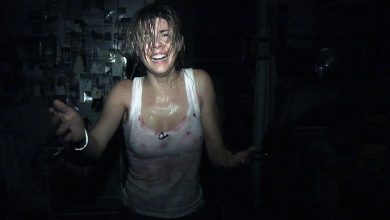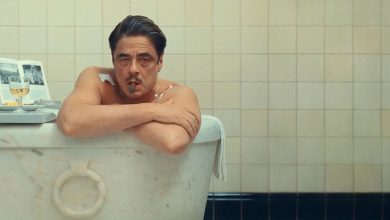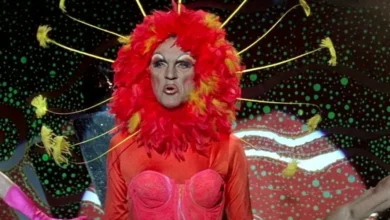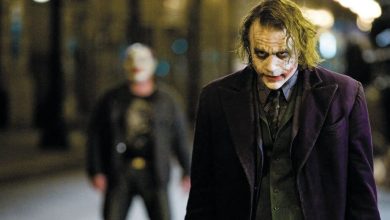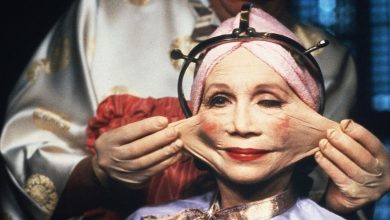Francis Ford Coppola: Lessons in Risk, Art, and Lifelong Learning
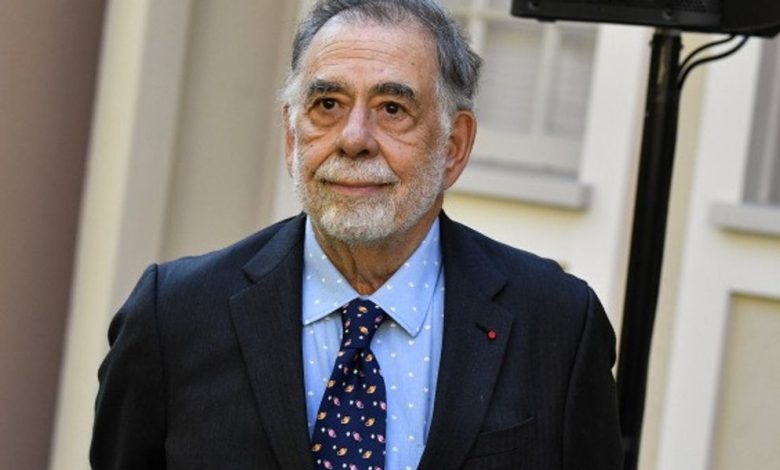
In a deeply insightful episode of The Director’s Chair, legendary filmmaker Francis Ford Coppola sits down with Robert Rodriguez at his vineyard in Napa Valley to reflect on his remarkable career. Over a heartfelt conversation, Coppola opens up about his early inspirations, creative philosophy, and the hard-earned lessons behind some of cinema’s greatest masterpieces.
From Science to Cinema: The Unlikely Path
Coppola’s journey didn’t start with film. As a child, he was drawn to science and electricity — but it was fairy tales, radio dramas, and early films like Disney’s Snow White and works by Alexander Korda that sparked his imagination. A screening of Ten Days That Shook the World in college sealed the deal, steering him toward film school and eventually into the director’s chair.
The Godfather: Reluctance Turned to Legacy
Despite his pivotal role in American cinema, Coppola initially hesitated to direct The Godfather. It was a push from his friend George Lucas that convinced him his unique point of view was exactly what the film needed. The project brought major creative clashes, especially with Paramount over Marlon Brando’s casting, but Coppola’s bold vision ultimately prevailed.
The film’s success gave him the freedom to pursue more personal projects like The Conversation, followed by the equally iconic The Godfather Part II — a film he agreed to do only with full creative control. Both films went on to earn Oscar nominations in the same year, cementing his place in film history.
Apocalypse Now: Chaos, Clarity, and Creative Fire
Coppola’s most infamous production might be Apocalypse Now, a film plagued by delays, budget issues, and near-mental breakdowns. But in the chaos came a moment of triumph: the infamous “smell of napalm” scene, a massive logistical feat pulled off in a single, perfect take. That breakthrough moment reaffirmed for Coppola that the pain was worth the art.
Experimentation and Legacy
Coppola has never shied away from experimentation — whether in the stylized One from the Heart, the youth-focused The Outsiders and Rumble Fish, or the gothic artistry of Bram Stoker’s Dracula, where he revived century-old filmmaking techniques to match the novel’s essence.
See More ...
Collaboration and Family: The Core of His Art
One key theme that emerged throughout the conversation was Coppola’s emphasis on collaboration. He underscored the importance of rehearsals, building trust with actors, and involving his family in the creative process — a practice that has defined much of his work and inspired a generation of filmmakers.
Failure as a Teacher
Coppola candidly addressed the insecurities artists often face, reminding viewers that failure is often the greatest teacher. For him, filmmaking is not just a career but a personal journey — a process where both the filmmaker and the film evolve together.
The Final Takeaway: Be a Lifelong Student
Coppola closed the discussion with a powerful message: stay curious, keep learning, and never lose the joy of discovering something new in your work. That mindset, he says, is what has kept him going for over six decades.
